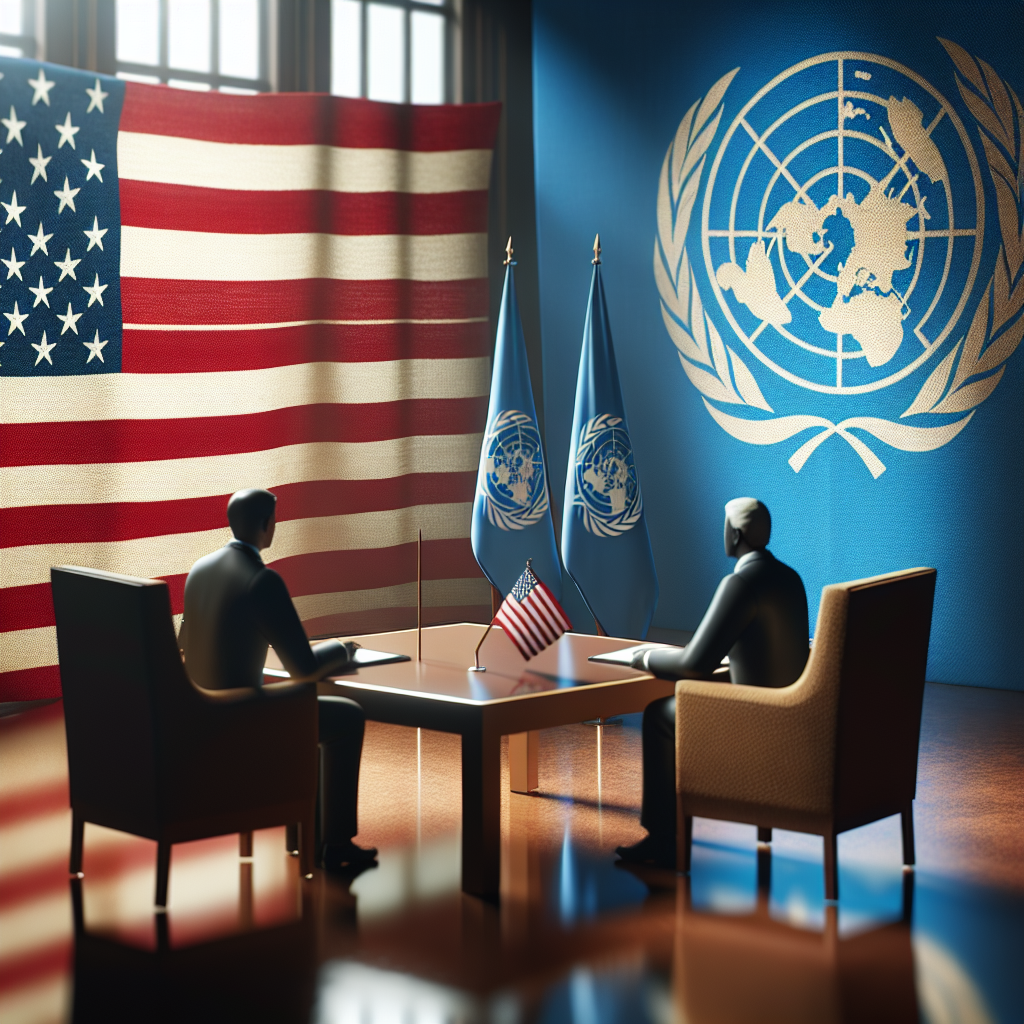
Trump Moves to Withdraw U.S. from the World Health Organization: Implications and Reactions
On January 21, 2025, President Donald Trump officially commenced his second term with a series of executive orders, notably spearheading the withdrawal of the United States from the World Health Organization (WHO). This consequential decision has sparked widespread debate both on domestic and international fronts.
President Trump’s Executive Orders: A Swift Start
In a move that has raised eyebrows across the globe, President Trump signed an executive order to withdraw from the WHO, criticizing the organization for its mishandling of the COVID-19 pandemic and other global health issues. This decision is part of a broader agenda comprising numerous executive actions aimed at reshaping U.S. policy on various issues including:
- Immigration reforms
- Foreign policy adjustments
- Climate change initiatives
This latest withdrawal reflects a continuation of Trump’s first-term stance on international organizations, and it is the second such attempt concerning the WHO within a five-year period.
Impact on Global Health Initiatives
Experts and scientists express grave concerns regarding the immediate and long-term impact of this withdrawal. They warn that such a move could potentially hinder global efforts to combat diseases like AIDS, malaria, and tuberculosis. The timing is critical, given ongoing concerns about international preparedness against future outbreaks capable of causing global pandemics.
The WHO’s Perspective and Response
The World Health Organization, faced with losing its largest donor, urged the U.S. administration to reconsider the decision, emphasizing their collaborative achievements in saving lives and mitigating health threats worldwide. The organization noted significant reforms over the past years, intending to bolster its response capabilities for future crises.
Key Criticisms from the Trump Administration
President Trump’s administration outlined several reasons for the withdrawal:
- Lack of adequate reforms within the WHO’s operational structure
- Dependence on political influence from member states influencing WHO’s neutrality
- Disproportionate and onerous financial demands imposed on the U.S.
These cited issues fueled the decision to tender a formal withdrawal notice to the United Nations Secretary-General, as part of severing ties with the WHO.
Domestic and International Reactions
The withdrawal has elicited varied reactions, highlighting a divide in opinion among political leaders, health experts, and the general public. Some view it as a decisive action asserting U.S. autonomy in global affairs, while others perceive it as an isolationist approach with potentially detrimental effects on global health diplomacy.
Within the U.S., health officials who engage in numerous international collaborations are now redirected away from WHO-affiliated projects, impacting the broader landscape of health policy engagement on issues of international concern.
Future Implications and Path Forward
This move might influence U.S. alliances and partnerships, particularly those centered around health and pandemic preparedness. The decision’s fallout might affect the nation’s role in international health governance and shape global perceptions about America’s commitment to collective health challenges.
Until the withdrawal is finalized, there exist opportunities for potentially renegotiating terms or addressing the stated grievances with international diplomatic engagement.
Concluding Thoughts
The unfolding scenario demands careful navigation to balance national interests with global responsibilities. In the realm of global health, cooperative efforts remain paramount in addressing challenges caused by infectious diseases that transcend borders. Moving forward, the international community and U.S. policymakers must deliberate over approaches that prioritize both national and worldwide health security.
The decisions made during these pivotal moments carry the potential to reshape the trajectories of not only public health policies but also the overarching framework of international relations underpinned by shared human health objectives.
Source: https://www.cbsnews.com/news/trump-withdraw-us-world-health-organization/


Thanks for sharing. I read many of your blog posts, cool, your blog is very good.
I really like reading through a post that can make men and women think. Also, thank you for allowing me to comment!